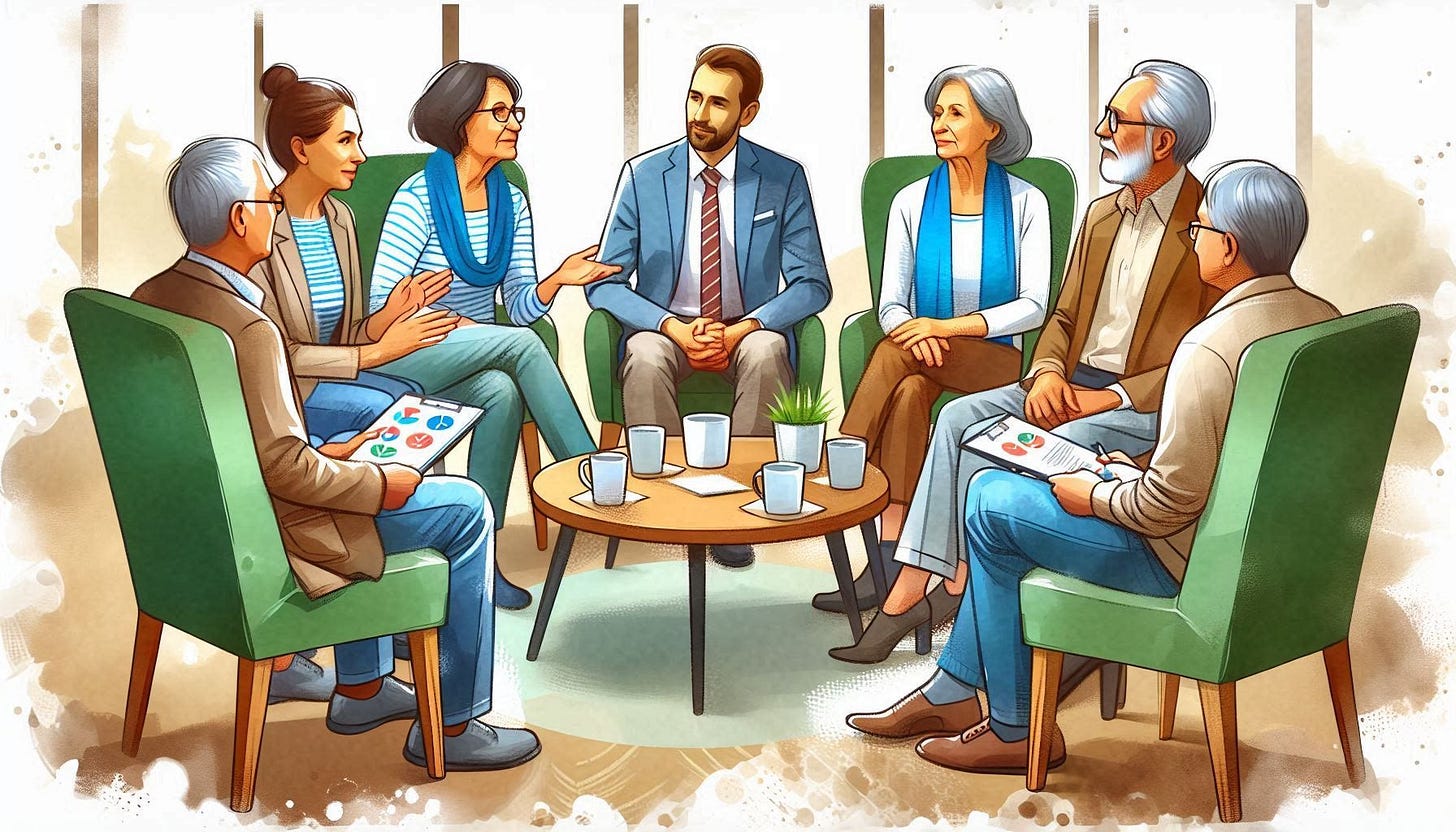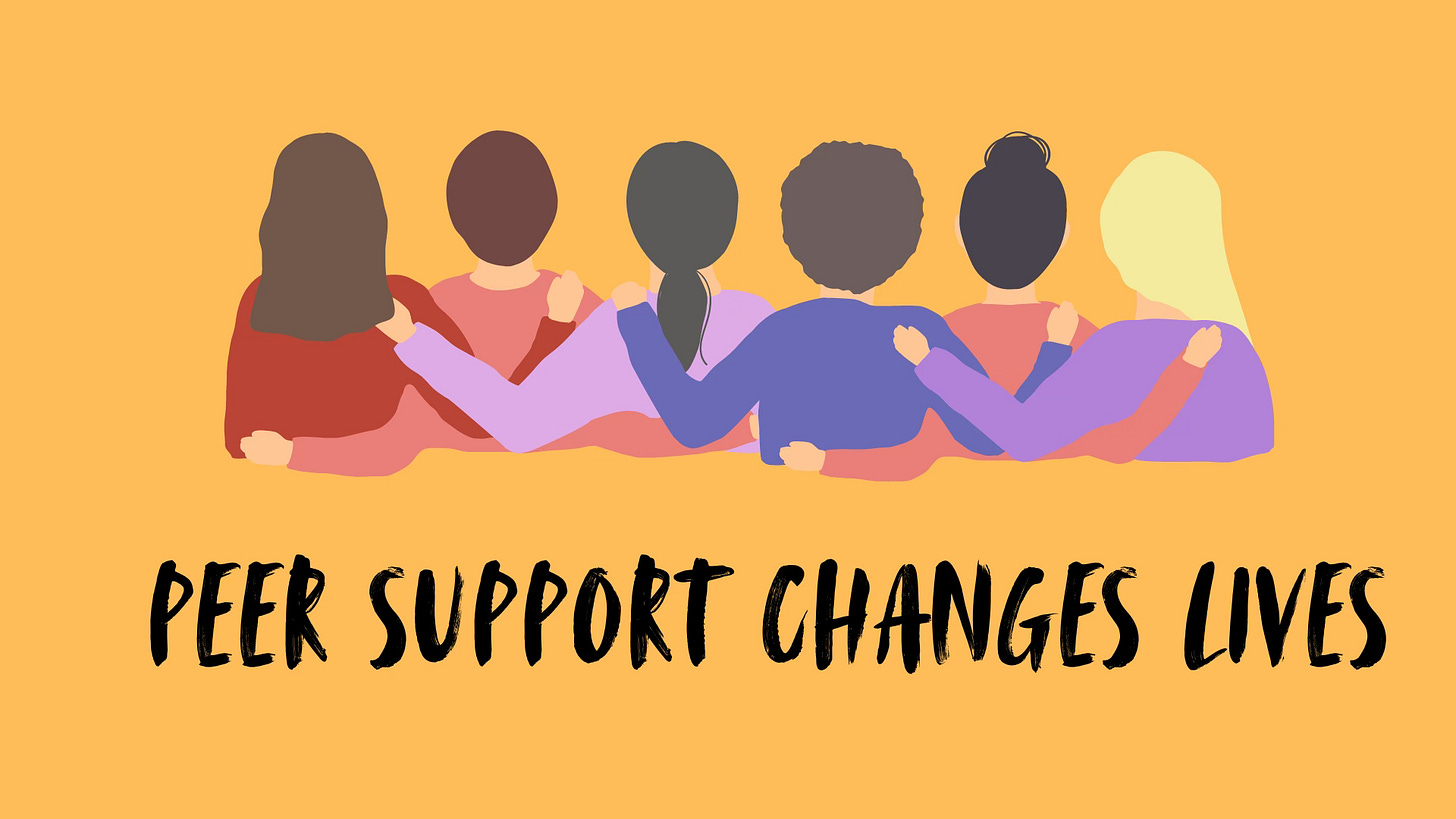PRNs: How Health Professionals Find Recovery Through Community
We can't let the shame and stigma surrounding substance use disorder stop us from talking about evidence-based resources
When we hear the terms ‘substance use disorder’ and ‘healthcare providers’ in the same conversation, we tend to assume the conversation is about how health professionals can help patients on the path to recovery. We often don’t consider that these providers may have a substance use disorder themselves.
Most patients don’t want to think that their healthcare providers may be misusing or addicted to substances. Similarly, most health professionals believe that, due to their advanced knowledge, they know how to keep their substance use under control. Unfortunately, this is not the case.
According to a 2015 study from the Substance Use and Mental Health Services Administration (SAMHSA), 7% of healthcare workers between the ages of 18 and 64 years old met the criteria for a substance use disorder within the previous year. Moreover, according to the American Addiction Centers, pharmacists are even higher risk of developing a substance use disorder — 46% of pharmacists and 62% of student pharmacists admit to having used a controlled substance without a prescription.1
As a current student pharmacist, I’ve been taught how to recognize, diagnose, and pharmacologically treat substance use disorders. While this is obviously important information for me to know, I was never taught what to do if I, one day, struggled with substance misuse. It wasn’t until I had the opportunity to attend the American Pharmacists Association Institute on Substance Use Disorders in Salt Lake City, Utah, that I began to recognize how substance use disorders impact health professionals too. And I learned about the resources available to those who need them.
While at the Institute, I was welcomed into a close-knit community of recovering pharmacists. Many of the pharmacists shared their stories of substance use and recovery during our Alcoholics Anonymous and Narcotics Anonymous meetings. For many of them, their recovery journey was guided by other recovering pharmacists and included a trip to the Institute.
In his memoir “Unfit for Recovery,” Jake Nichols recalls his first time attending the Institute as a recovering pharmacist.2 Jake states that the people he met during his time in Utah had a profound impact on his recovery and that he continues to attend the conference every year.
I realized I was not alone in all of this and that there were many pharmacists who had struggled as I had. It was the first time that I can recall being able to be in a crowd and not feeling the shame that had permeated my life.
-Jake Nichols
For me, attending this conference truly felt magical. That may seem silly to say, but those who have attended the conference can attest to this feeling. I felt an overwhelming sense of support, acceptance, and friendship from everyone in attendance. It is easy to see why so many recovering pharmacists continue to come back each year.
During my time in Utah, many recovering pharmacists mentioned the amazing work that is done by PRN groups. I was shocked that I had never heard this term before. PRNs, or Peer Recovery Networks, provide support and resources to help pharmacists and other health professionals during their recovery. PRNs are typically organized and authorized by the state licensing board and can help recovering health professionals find treatment centers, advocate for them to earn their licenses back, and help them find jobs.
PRNs are just another testament to the importance of community when it comes to recovery. PRNs allow recovering health professionals to build relationships with people who have had similar experiences and show them that they have a group of people who will advocate for them.
I believe that all health professionals and, just as importantly, health professional students should be informed about recovery networks. You never know if you or someone you know may need these communities. We know that health professionals are vulnerable to substance use disorders, but we can’t let shame and stigma stop us from talking about it.
Sources:
Webster A. Drug and Alcohol Rehab for Pharmacists. American Addiction Centers. January 3, 2024. Accessed September 4, 2024.
Nichols J. Unfit For Recovery: Fighting Addiction in an Unforgiving World. Independently Published, 2022. ISBN-13: 979-8847222396




